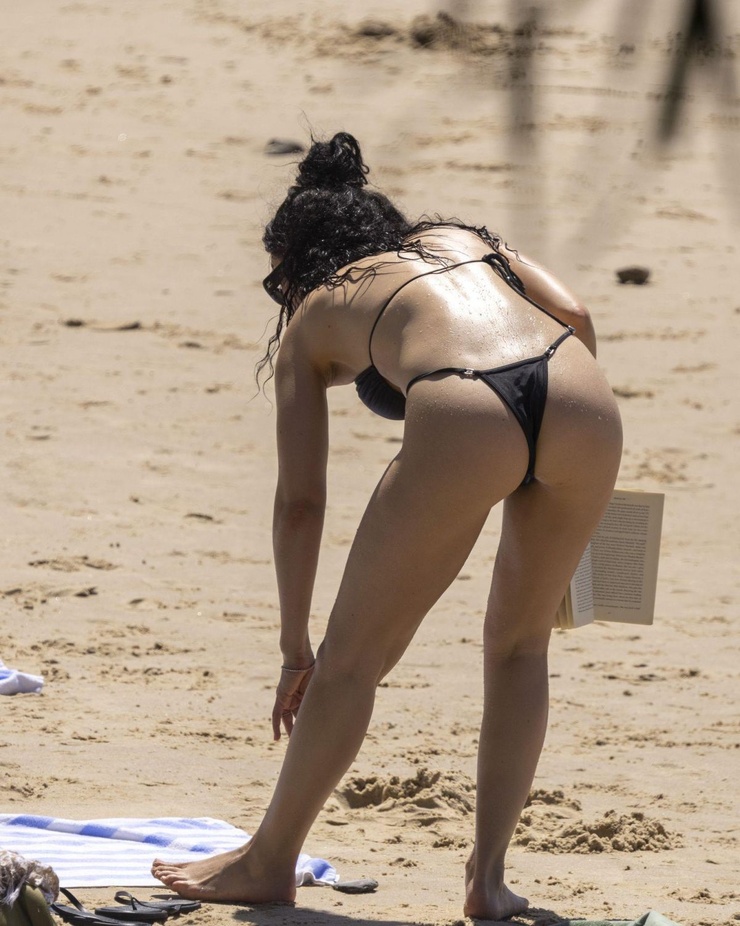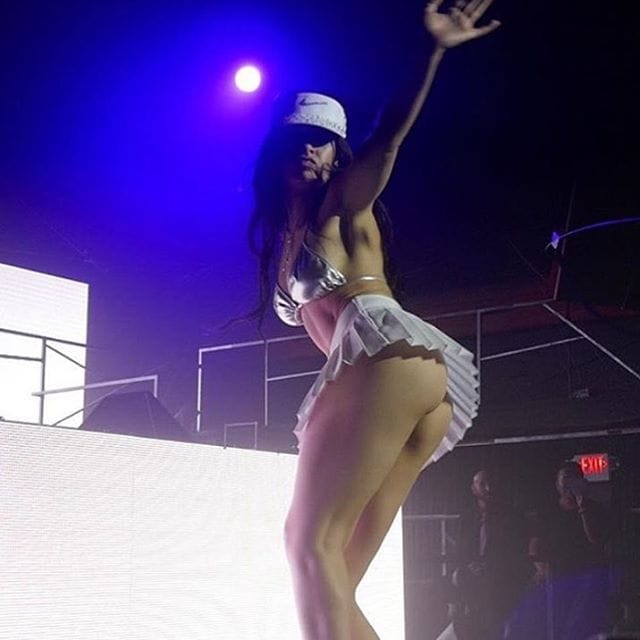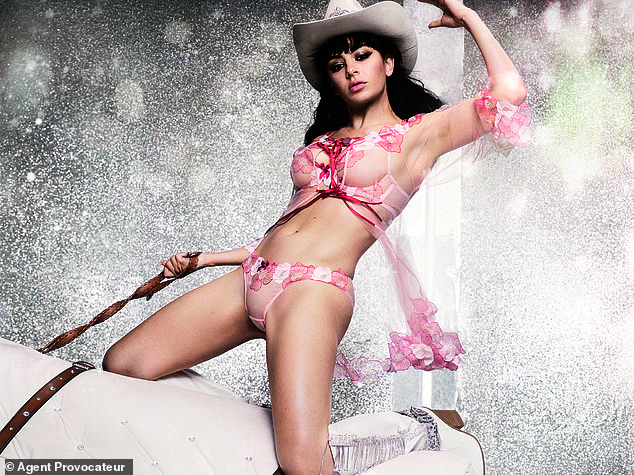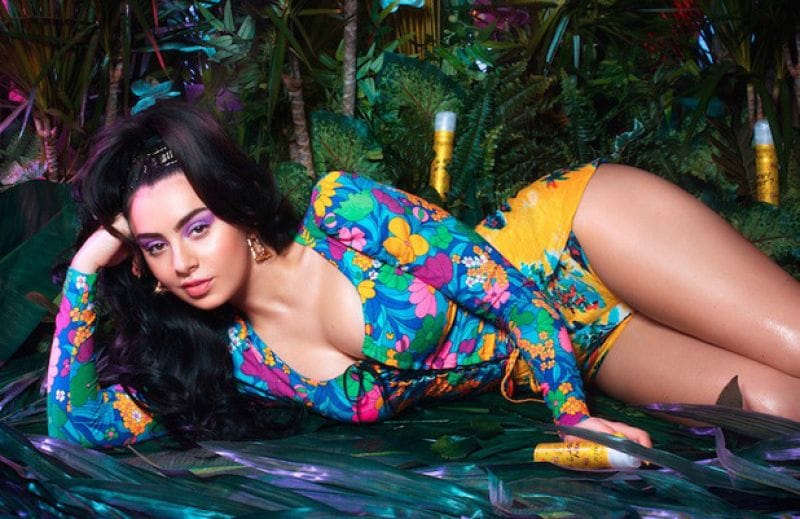Charli XCX has never been just another pop star. From her early days writing hooks for other artists to her evolution into one of the most experimental figures in modern music, she has consistently pushed boundaries and reshaped what pop can sound and look like. While many artists chase trends, Charli has a habit of inventing them — fusing underground aesthetics, digital culture, and futuristic production into something unmistakably her own. In doing so, she hasn’t just created a unique sonic world; she has redefined the very DNA of hyperpop and its relationship to the mainstream.






Born Charlotte Emma Aitchison, Charli XCX first entered the global spotlight with infectious hits like “Boom Clap” and her collaboration on Iggy Azalea’s “Fancy.” For a moment, it seemed she might follow the traditional pop trajectory: chart-topping singles, radio tours, and a safe sound. But Charli has always been an artist driven by restlessness. Her curiosity and instinct for innovation led her away from conventional pop formulas and into the wild, experimental frontier of electronic music. Instead of sticking to the polished expectations of the industry, she embraced chaos — and in doing so, she built an entirely new movement.



Her transformation wasn’t immediate, but it was deliberate. Around 2016, Charli began releasing projects like Number 1 Angel and Pop 2, records that blurred the lines between pop, experimental electronic, and avant-garde production. Working with pioneering producers like SOPHIE and A.G. Cook, she helped cultivate the sound that would later be known as hyperpop — a maximalist blend of distorted beats, autotuned vocals, and futuristic melodies. This was music that sounded like the internet itself: messy, fast, emotional, and electric.



At first, it was niche. The hyperpop scene thrived on platforms like SoundCloud and Twitter, appealing to a younger generation raised on the digital chaos of online culture. But Charli’s role was crucial in translating that underground energy into something the mainstream couldn’t ignore. She became the bridge between avant-garde pop experimentation and commercial accessibility, crafting songs that felt both cutting-edge and catchy enough to dominate playlists.



Charli’s willingness to take risks earned her a reputation as pop’s most fearless innovator. She proved that artistic integrity and mainstream success don’t have to be mutually exclusive. With each release, she expanded her creative universe, embracing new technologies, aesthetics, and sounds that kept her ahead of the curve. Her 2019 album Charli felt like a manifesto — a celebration of individuality, queerness, and digital-age creativity. It featured collaborations with artists like Troye Sivan, Lizzo, and Christine and the Queens, each track serving as a bold statement that pop could be weird, emotional, and futuristic all at once.



But perhaps Charli’s most significant contribution lies in how she has redefined what it means to be a pop artist in the modern era. In the past, pop stars were expected to project perfection — an unattainable image of glamor and control. Charli flipped that narrative on its head. She embraced imperfection, chaos, and online transparency. Through her social media presence and documentary-style content, she has invited fans into her creative process, showing that vulnerability and authenticity can coexist with innovation. She is as much a curator as she is a performer, constantly collaborating, experimenting, and shaping the pop landscape in real time.



When the pandemic hit in 2020, Charli once again demonstrated her adaptability with How I’m Feeling Now, an album written, recorded, and released during lockdown. The project was deeply personal, created in real time with direct input from her fans. It captured the anxiety, isolation, and raw emotion of that global moment while pushing her production further into hyperpop territory. Critics hailed it as one of her best works — not only for its sonic daring but for how it redefined the relationship between artist and audience.



Beyond her music, Charli XCX has become a cultural icon for self-expression and individuality. Her bold fashion choices, unapologetic attitude, and embrace of queer aesthetics have made her a muse for a new generation that rejects labels and limitations. She doesn’t chase trends — she embodies them before the world catches up. Her aesthetic — a mix of cyberpunk futurism, Y2K nostalgia, and digital surrealism — has influenced everything from fashion editorials to TikTok trends.



Charli’s influence on hyperpop also extends to her role as a mentor and collaborator. Artists like 100 gecs, Caroline Polachek, and Kim Petras have all cited her as a major influence or collaborator. Through her support of experimental producers and emerging talent, she has helped create a community where innovation thrives. Her legacy is not just her own success but the platform she has built for others to explore new sonic frontiers.



The rise of hyperpop in mainstream spaces — from Spotify playlists to global festival lineups — owes much to Charli’s pioneering spirit. While the term “hyperpop” itself has evolved and diversified, its essence — exaggerated emotion, digital maximalism, and creative rebellion — remains intertwined with Charli’s artistic vision. She has turned what was once niche into a cultural movement, challenging traditional pop structures and empowering a generation of artists to embrace experimentation.



What makes Charli XCX’s journey even more fascinating is her ability to balance underground credibility with commercial success. Few artists can move seamlessly from avant-garde collaborations to chart-friendly singles without losing authenticity. Whether she’s crafting experimental tracks with PC Music or delivering club-ready anthems like “Beg for You” and “Speed Drive,” Charli’s sound always carries her distinctive fingerprint: bold, emotional, and self-aware.



Her recent works, including Crash, marked another phase in her evolution — a deliberate return to mainstream pop, but on her own terms. The album combined her signature futuristic production with 80s-inspired synths and glossy hooks, proving that she could play the pop game while still subverting it. It was a statement that even when she leans into conventional pop, she does it with irony, intelligence, and edge.



Charli XCX’s career represents the convergence of art, technology, and individuality in the modern age. She has embraced the chaos of digital culture rather than resisting it, using it as fuel for her creativity. Her music feels like a reflection of the world we live in — overstimulated, hyperconnected, yet deeply emotional. In an industry often dominated by safe formulas and market-tested sounds, she stands as proof that risk-taking and authenticity can redefine success.
As music continues to evolve in the streaming era, Charli’s influence is everywhere. From the rise of experimental bedroom producers to the growing acceptance of genre fluidity, her fingerprints are imprinted across the modern pop landscape. What was once fringe is now central to pop culture, and Charli XCX’s vision made that possible.



She remains a pop rebel not because she rejects the mainstream, but because she rewires it. Her career is a blueprint for the future of pop — one where creativity isn’t confined by labels, and where authenticity, emotion, and innovation reign supreme. Whether she’s crafting hyperpop anthems or redefining what pop stardom looks like in the digital age, Charli XCX continues to prove that the future of music belongs to those brave enough to break it apart and rebuild it in their own image.